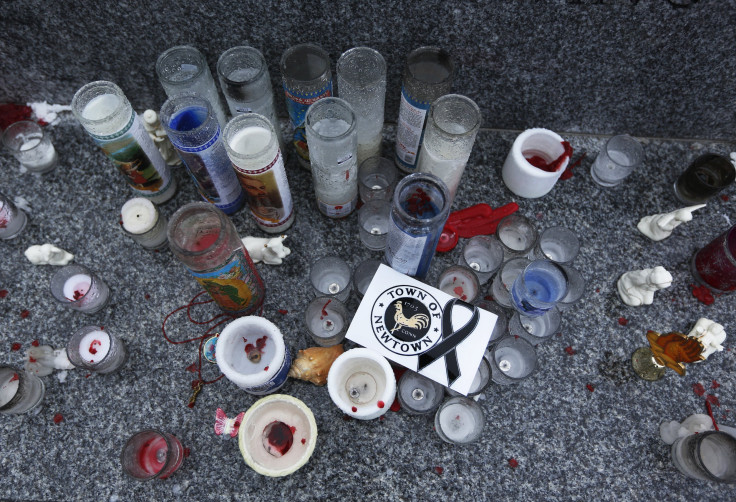In Wake of Sandy Hook Massacre, U.S. Government Targets Mental Illness

The massacre at Sandy Hook elementary school that left 20 children and seven adults dead has perhaps shifted the national discussion on guns and gun violence. It has also brought to light a more national conversation about mental health. The violence appears to have spurred lawmakers to action on both the federal and state level.
In California, Senate President Darrell Steinberg (D-Sacramento) has called for the federal government to match states' contributions in an attempt to better mental health. The state of California has perhaps one of the most comprehensive measures in place to fight mental illness. Implemented in 2004, the Mental Health Services Act levies a 1-percent income tax on residents earning more than $1 million annually. With that money, the state pays for housing, medication, therapy, and other services, helping 60,000 Californians. About a fifth of that money goes toward prevention of mental illness as well.
The program has had an overwhelming amount of success and its funding, about $1 billion a year, has remained largely untouched, despite California's well-documented budget woes. Steinberg says that the move would cost the federal government an additional $20 billion a year, which is probably impossible in the gridlocked Capitol. He said that, even with the funding in place, the program is woefully underfunded, noting that the federal government contributes 32 cents for every $1 Sacramento contributes to the program.
In the same letter that Steinberg wrote the Biden Commission that seeks to mitigate gun violence, he said that he believed that California's system should be a model for the nation.
Steinberg also stated that the overwhelming majority of people who suffer from mental illness are not mass murderers or even criminals. He pointed to a program called the Effort, a 24-hour suicide hotline. The program also calls patients recently discharged from hospitals after suicide attempts for 30 days. CEO Jonathan Porteus states proudly that they have never lost a patient.
Republican Missouri Senator Roy Blunt has also called for the reauthorization of the federal health agency, the Substance Abuse and Mental Health Services Administration. The program has not been reauthorized since 2000.
It is not known what mental health problems the shooter had, if he had any at all. Early reports that indicated that he had Asperger's syndrome or autism have been questioned by doctors, who note that violence is not a common problem in patients with autism. In fact, one doctor said that, in his 22 years of working with patients with autism spectrum disorder, not one of them was violent.
Most people who suffer from mental illness are more likely to be victims rather than perpetrators of violence.
Published by Medicaldaily.com



























